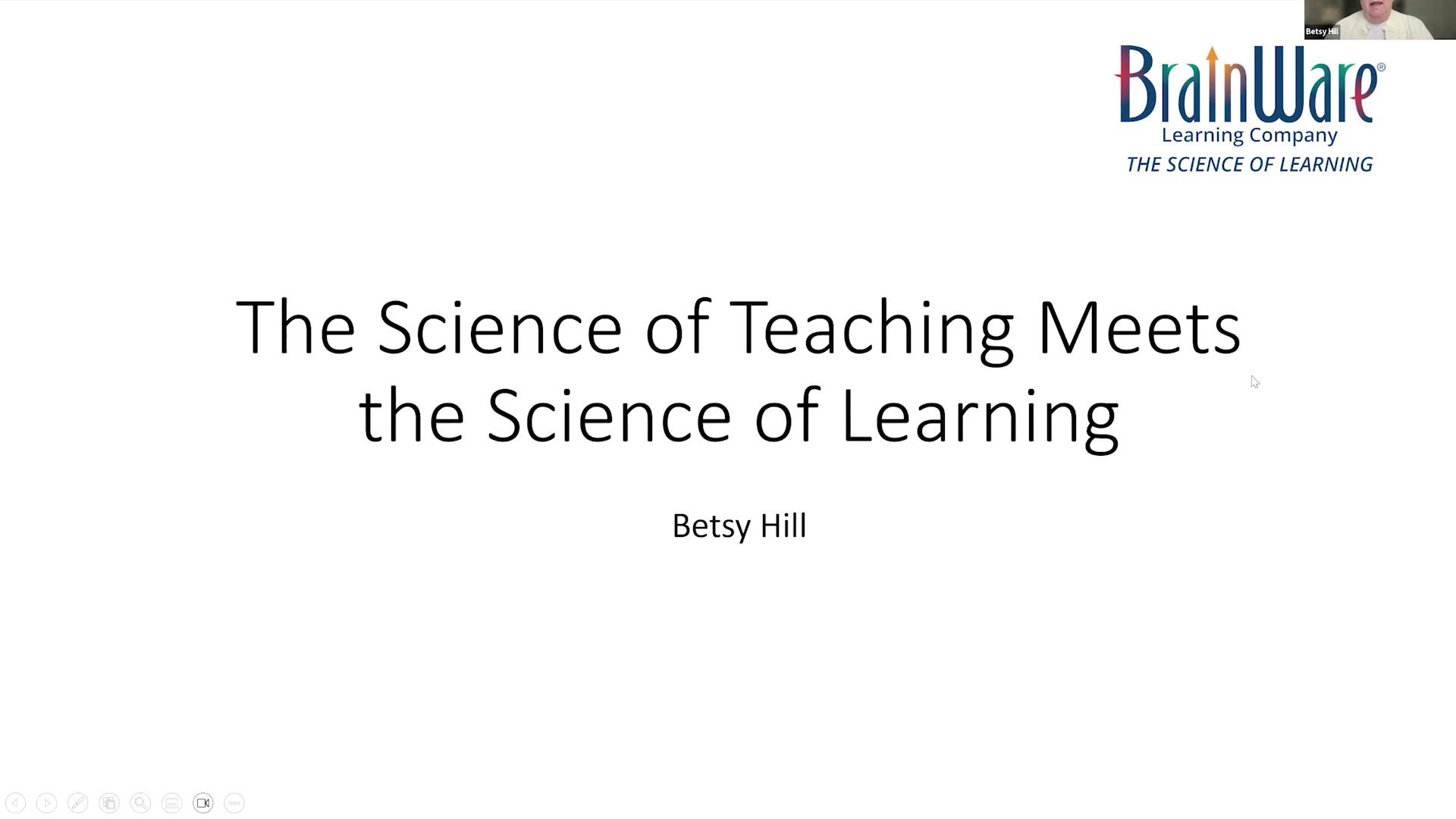
Coming Soon in 2024
Subtitle
Compelling webinar info.
Social-Emotion Well-Being in the Post-Covid World: Addressing the Needs of Individuals with Learning Disabilities
Qualitative Information: What about the quality, observations, and mistakes
Visual Processing, Decoding, and the Secret to Reading
Structured Literacy & Dyslexia: Everything You Need to Know
Opening Doors of Opportunity for ALL Students
It Begins With A Sentence
Foundational Skill Components of Structured Literacy in the K-3 Classroom
The Adult Side of Dyslexia
Reading Fluency: Related to Prosody ➔ Much More than Speed
Dyslexia and Dysgraphia
Structured Literacy – It Should Be All Around Us
Auditory Processing, Decoding, and the Secret to Spelling
Brain Body Branches
Transferring Talking Into Writing: A Demonstration
Fluency: The Link To Reading Comprehension
Domain General Pathways to Reading Comprehension and Writing Comprehensibility
What is Disciplinary Literacy and How Does it Impact Achievement in Secondary School?
Multiple Pathways to Poor Reading Comprehension and Writing Comprehensibility
How to Advocate for a Student with Dyslexia
The Art of Advocacy

Compelling webinar info.

More Compelling webinar info.

In our complex, hierarchical society, learning disabilities and ADHD interact in complex, multi-directional ways with race, class, gender, sexuality and ethnicity on neurological, behavioral and academic levels. While neither we nor our students can escape the society in which we live, we can take concrete steps to understand and address the external circumstances of our student to become the best allies and educational therapists possible. Join board certified educational therapist Diana Kennedy to explore the concrete steps we can take to best support ALL our students.

Compelling webinar info.

More Compelling webinar info.

Literacy for All
Vision
The Southern California Tri-Counties Branch is one of 42 national branches of the International Dyslexia Association (IDA).
The Overall IDA Vision
In 1999, IDA held a Vision Retreat which consisted of a cross section of IDA board members, branch council members, association management, and other prominent people in the field of dyslexia. The participants, facilitators and staff gave of themselves to create a dynamic new vision and committed to a new purpose for The International Dyslexia Association, which the IDA Board of Directors adopted. We share them here with you.
The IDA vision is best expressed in our new purpose…
The purpose of The International Dyslexia Association is to pursue and provide the most comprehensive range of information and services that address the full scope of dyslexia and related difficulties in learning to read and write…
In a way that creates hope, possibility and partnership…
So that every individual has the opportunity to lead a productive and fulfilling life, and society benefits from the resource that is liberated.
Our Core Value…
Teamwork and Achieving our Best Together
We work as a team in a culture of mutual trust and respect.
We communicate with each other openly and candidly.
We achieve the best outcome together.